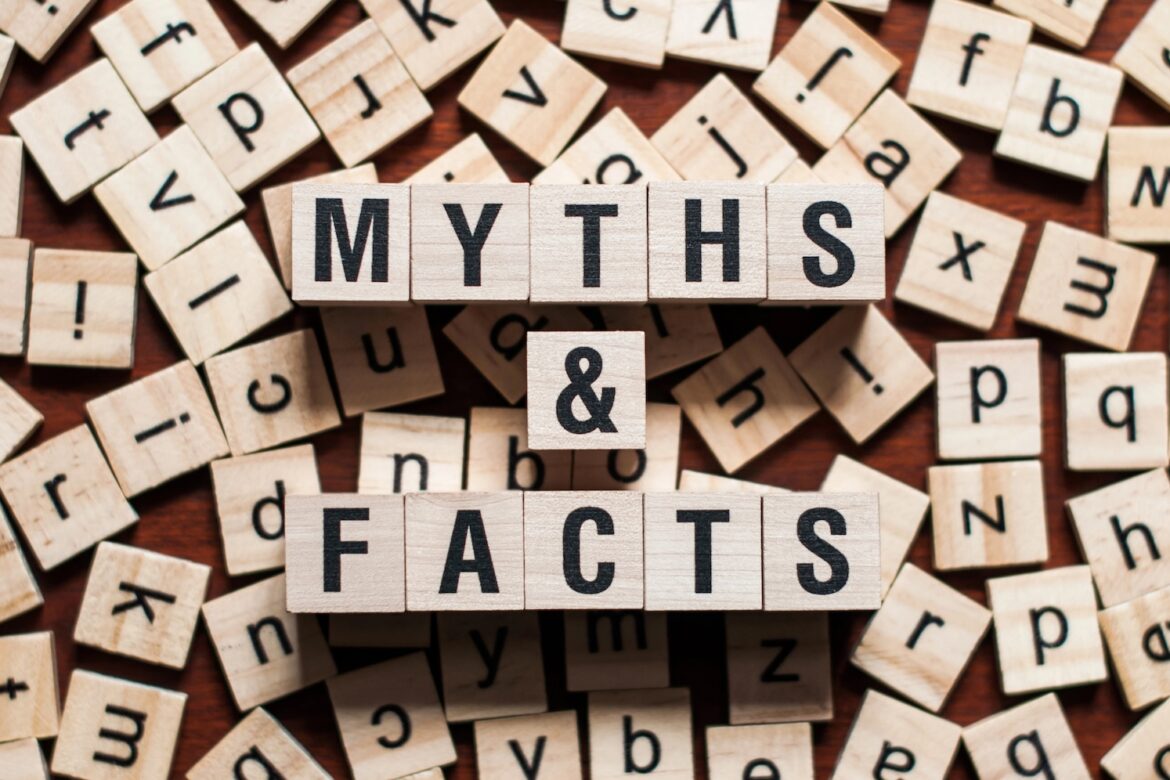ATO “Busts” Common NFP myths
Editor: As the Not-Editor: As the Not-for-profit (NFP) self-review return deadline approaches in March, the ATO has recently released a publication to address and debunk several common misconceptions.
Myth 1: All NFPs are income tax exempt.
ATO response: This is not true. Some NFPs are income tax exempt and some are taxable.
Myth 2: There is only one way to lodge the NFP self-review return.
ATO response: There are three ways, as follows:
- A ‘principal authority’ may be able to lodge using ‘Online services for business’;
- It may be possible for the return to be lodged by phoning the ATO’s automated self-help phone service on 13 72 26; and
- A registered tax agent can lodge the return through Online services for agents.
Myth 3: Anyone can lodge the NFP self-review return online.
ATO response: If lodging via Online services for business, anyone authorised to access the return in Online Services can lodge. If a registered tax agent has been engaged, they can also prepare and lodge the return in Online services for agents.
Myth 4: If a person is unsure whether their NFP has charitable purposes, then they do not need to lodge.
ATO response: The self-review return still needs to be lodged, even if it is not certain whether the NFP is charitable.
Taxpayer’s Claim for Input Tax Credits Unsuccessful
The Administrative Review Tribunal (ART) recently rejected a taxpayer’s claim for input tax credits because all relevant GST returns (BASs) were lodged outside the statutory four-year time frame.
The taxpayer filed returns for the GST periods between 1 October 2015 and 31 March 2017 more than four years late, but still claimed over $10,000 in input tax credits.
The ATO disallowed the claim in accordance with the GST Act, and the ART upheld the ATO’s decision. It confirmed that because the returns were not filed on time, the taxpayer ceased to be entitled to the credits.
ATO Appeal Fails: UPEs Not Considered Loans Under Division 7A
The Full Federal Court has dismissed the ATO’s appeal against an AAT decision which found that unpaid present entitlements (UPEs) from a trust to a corporate beneficiary did not constitute “loans” under Division 7A.
In this case, a trust owed UPEs to a corporate beneficiary from income years 2013–2017. The ATO treated the unpaid entitlements as loans (and therefore deemed dividends).
However, both the AAT and the Federal Court determined that a Division 7A loan requires an obligation to repay, not just an obligation to pay a distribution. As a result, UPEs in this scenario are not considered loans.
Disclaimer: This publication contains general information only. Individuals should seek professional advice before relying on the content in practice.
Ref: ATO website
Please contact Wiselink Accountants if you require further information










